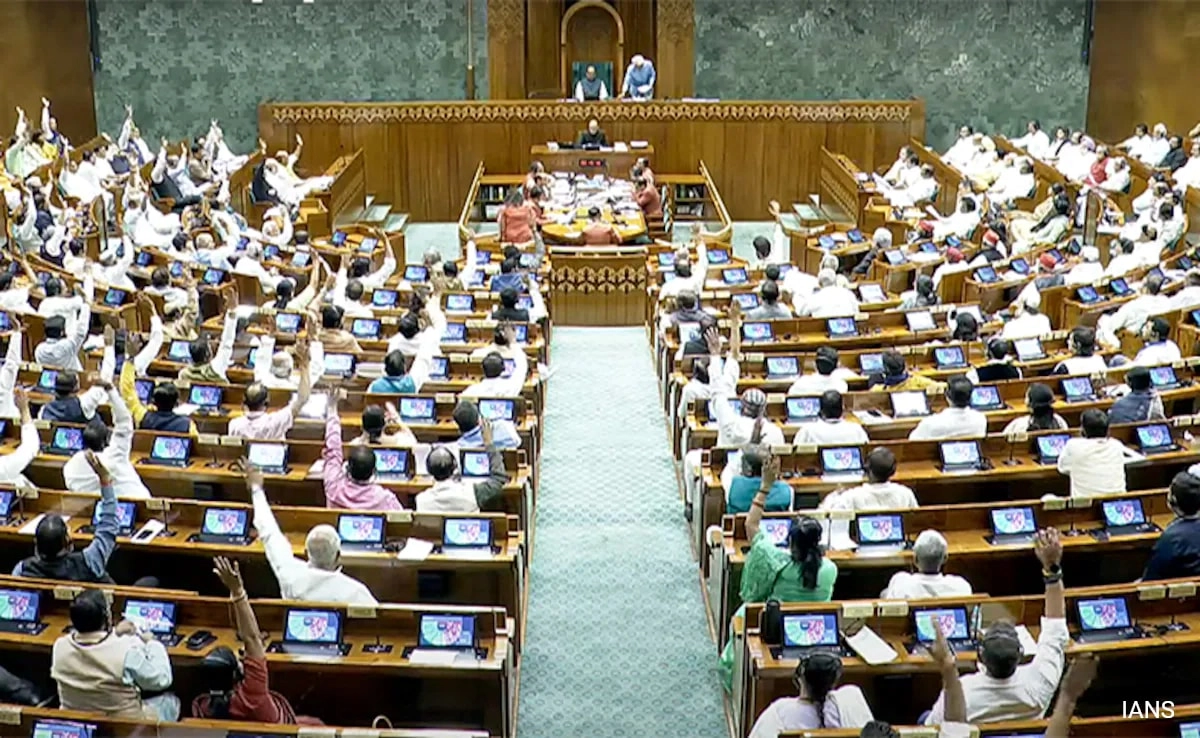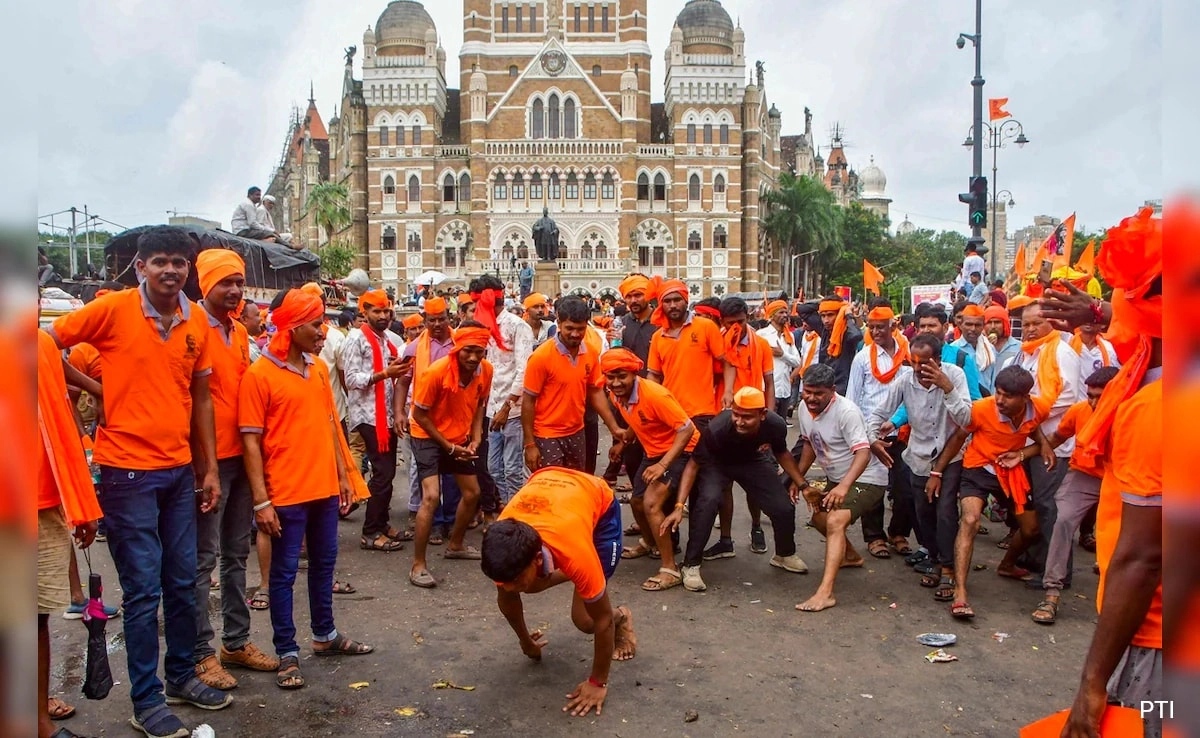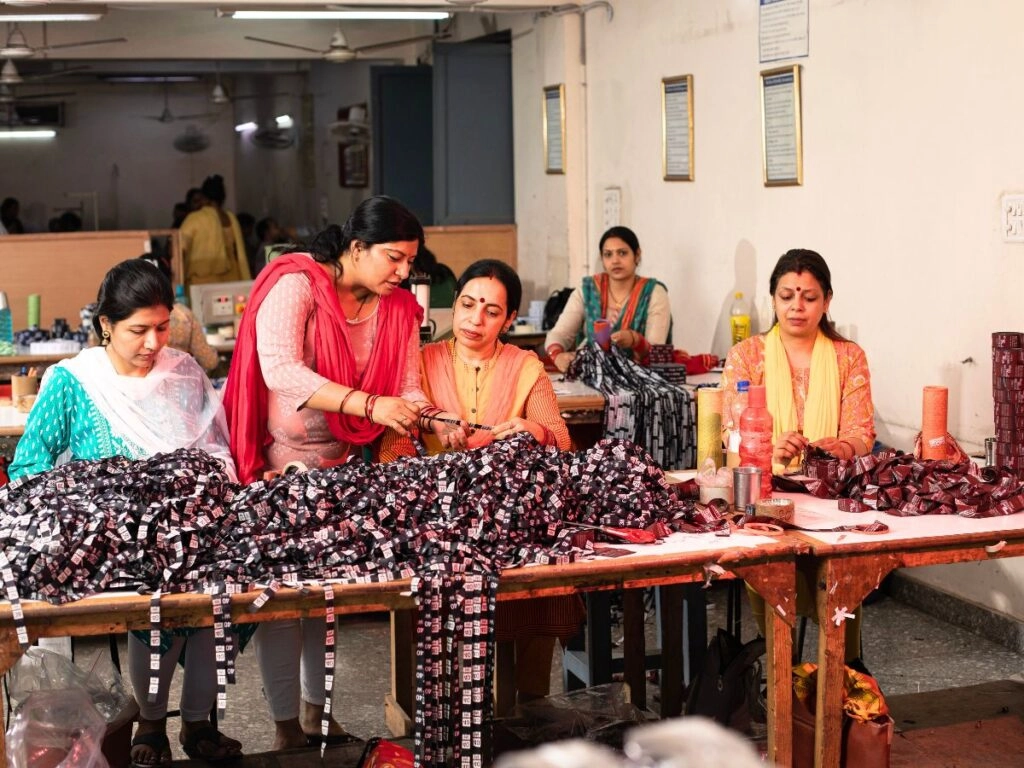The ongoing debate in Parliament regarding the electoral rolls in Bihar has reached a critical point, as it continues for the second consecutive day. This contentious issue has sparked significant discussions among lawmakers, reflecting the growing concerns over the accuracy and integrity of the electoral process in the state. The rows have primarily centered around allegations of discrepancies in the electoral rolls, which some members of the opposition claim could undermine the democratic process. These concerns are particularly pressing in a state like Bihar, where elections play a crucial role in shaping political dynamics.
As the discussions unfold, various political parties are voicing their opinions, with some demanding a thorough investigation into the electoral rolls to ensure that no eligible voter is disenfranchised. The opposition has raised questions about the methodology used in compiling the rolls, arguing that inaccuracies could lead to significant voter suppression in the upcoming elections. On the other hand, representatives from the ruling party have defended the current electoral roll system, asserting that it has been rigorously checked and is in line with legal standards. This clash of narratives is not only indicative of the political tensions within the state but also highlights the broader implications of electoral integrity in India’s democratic framework.
The implications of this debate extend beyond the confines of Parliament, as they resonate with the concerns of the electorate in Bihar. Voters are increasingly aware of the importance of having a reliable and transparent electoral system, as any flaws could affect their ability to participate in the democratic process. The ongoing discussions reflect a critical moment in which political accountability is being tested, and citizens are keenly observing how their representatives address these vital issues. As the Parliament session progresses, the outcomes of these debates could ultimately shape the electoral landscape of Bihar and influence voter sentiment in the lead-up to the elections.
In light of these developments, it is essential for all stakeholders involved, including the Election Commission and political parties, to engage in constructive dialogue aimed at resolving the discrepancies in the electoral rolls. Transparency in the electoral process is paramount to maintaining public trust and ensuring that democracy functions as intended. As the situation unfolds, it remains to be seen how the government will respond to the mounting pressure from the opposition and the electorate alike, and whether it will take meaningful steps to address the concerns raised. The resolution of these issues will not only affect the current electoral cycle but will also set a precedent for future electoral processes in Bihar and beyond.




